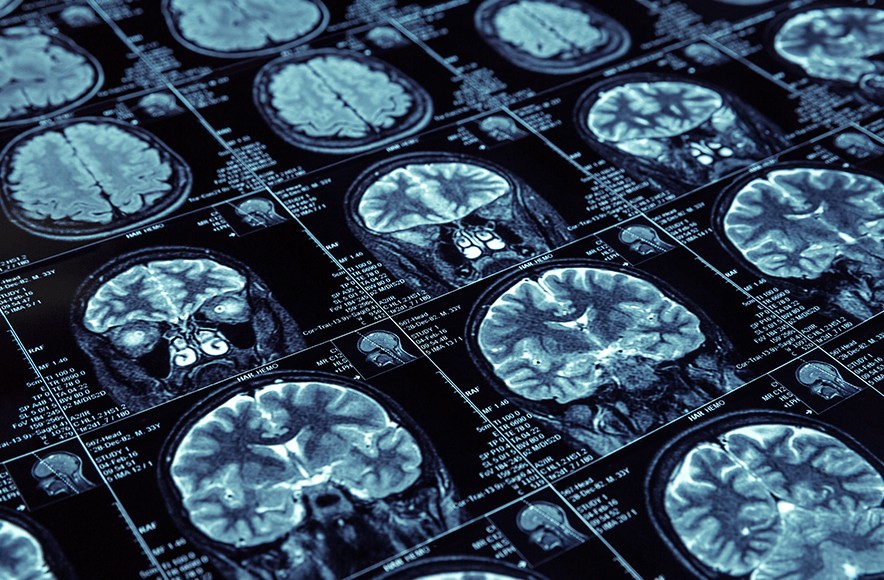Neurosurgery
Neurosurgery is a medical specialty focused on the surgical treatment of disorders affecting the entire nervous system, including the brain, spinal cord, and peripheral nerves. Neurosurgeons perform highly complex operations to treat a wide range of conditions, from brain tumors and aneurysms to spinal cord injuries and degenerative diseases.
Fill out our information form to receive detailed information, and we will connect you with our contracted physicians.

Spinal Surgery
Herniated Disc Surgeries (Lumbar and Cervical)
This procedure involves removing herniated discs that are pressing on nerves in the spine. Microsurgical and endoscopic methods are often used.
Spinal Stenosis Surgeries
These are surgical treatments for narrowing of the spinal canal and nerve compression, typically caused by aging or degeneration.
Spinal Fracture and Spondylolisthesis Surgeries
These operations stabilize fractures caused by trauma or vertebral slips (spondylolisthesis).
Brain Surgery
Brain Tumor Surgeries
This procedure involves the surgical removal of benign or malignant brain tumors. These surgeries can be performed with different techniques depending on the tumor's location and size.
Brain Hemorrhage and Aneurysm Surgeries
These are operations to stop bleeding and repair the vascular structure in cases of brain aneurysms or hemorrhages.
Peripheral Nerve Surgery
Carpal Tunnel Syndrome Surgeries
A common operation performed to relieve numbness and pain caused by nerve compression in the wrist.
FAQ for Neurosurgery
What types of conditions do neurosurgeons treat?
Neurosurgeons treat a wide range of conditions affecting the entire nervous system. This includes disorders of the brain, such as tumors, aneurysms, and traumatic injuries, as well as spinal issues like herniated discs, spinal stenosis, and fractures. They also address problems with peripheral nerves and manage certain chronic pain conditions.
How is neurosurgery different from other types of surgery?
Neurosurgery is unique due to the extreme precision and delicacy required when operating on the brain, spinal cord, and nerves. Neurosurgeons often use highly advanced technology, such as surgical microscopes and intraoperative navigation systems, to perform complex procedures with minimal damage to surrounding vital tissues. The stakes are particularly high because the nervous system controls all bodily functions.
What are the potential risks and recovery expectations for neurosurgery?
Like all surgeries, neurosurgery carries potential risks, including infection, bleeding, and nerve damage. The specific risks depend on the procedure. Recovery can vary significantly, from a few days to several months, and often involves a period of rehabilitation. Patients typically stay in the hospital for a few days to a week, and full recovery can be a gradual process requiring careful monitoring.
